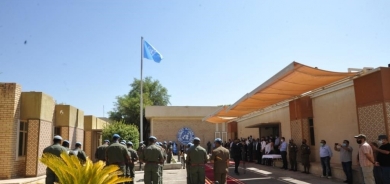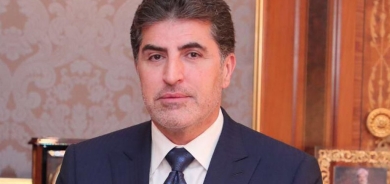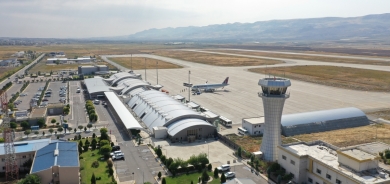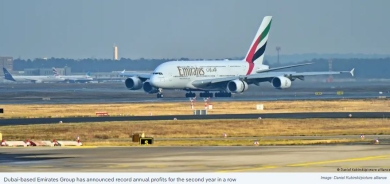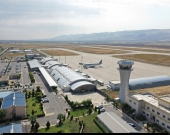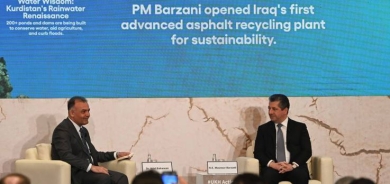Egyptian companies abruptly halt gas exports to Israel
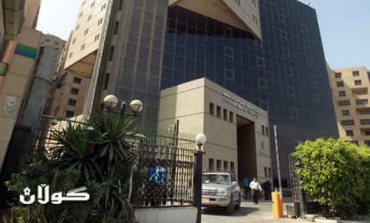
The Ampal-American Israel Corporation, an investment and holding company with headquarters in Israel, made the announcement of the termination in a statement on Sunday.
Ampal said that the Egyptian General Petroleum Corporation and the Egyptian Natural Gas Holding Company had notified East Mediterranean Gas that "they were terminating the gas supply and purchase agreement .... between the parties." Ampal has a 12.5% stake in East Mediterranean Gas.
"EMG considers the termination unlawful and in bad faith, and consequently demanded its withdrawal," the company said, noting that it and affiliated parties are mulling "their options and legal remedies as well as approaching the various governments."
Ampal pointed to what it called the Egyptian energy firms' "longstanding failure to supply the gas quantities owed" under the deal between the parties. Such concerns led East Mediterranean Gas to initiate arbitration with the Egyptian companies, in part to seek "compensation from EGPC and EGAS for damages resulting from their contractual breaches."
The East Mediterranean Gas Company, based in Cairo, is "an Egyptian joint stock company" with the right to export gas to Israel from Egypt and to export to other locations in the region, according to Ampal's website.
Israel called the matter a "business conflict and not a clash between governments."
"Of course, it is a government concern. But essentially, this is a commercial conflict between two companies on supplies and bills," a government official said.
A gas pipeline between Egypt and Israel opened in 2008, the product of a major economic agreements between the two countries.
The issue of gas sales to Israel has been highly controversial in Egypt, in light of allegations that Egyptian government officials enriched themselves on the deal and that Israel has paid below market prices for the gas.
The Israeli government and Israeli investors in the pipeline have categorically denied the latter claim.
Sporadic violence targeting the pipeline has been another concern, including a February explosion in northern Sinai. Egypt's state-run Middle East News Agency at the time blamed unknown militants.
The gas partnership between Israel and Egypt has also been a source of controversy, in part, because of former President Hosni Mubarak's role in it. The longtime Egyptian leader forged a number of agreements with Israel, despite widespread antipathy toward the Jewish state from others in the Arab world.
Mubarak is facing a host of charges related to his time as Egypt's president, including allegedly giving his friend the inside track to export gas to Israel.
Prosecutors said last month, in proceedings related by civil rights lawyer Khaled Abu Bakr, that Mubarak's businessman friend Hussein Salem got the right to export gas to Israel through a private company Salem owned. The bid was never offered to a public tender, costing Egypt huge amounts of money, prosecutors said.
Former petroleum minister Sameh Fahmy is among a host of other former Egyptian officials charged in relation to prices set in the Israel gas deal, according to Egypt's state-run Ahmramonline website.
Source: CNN


